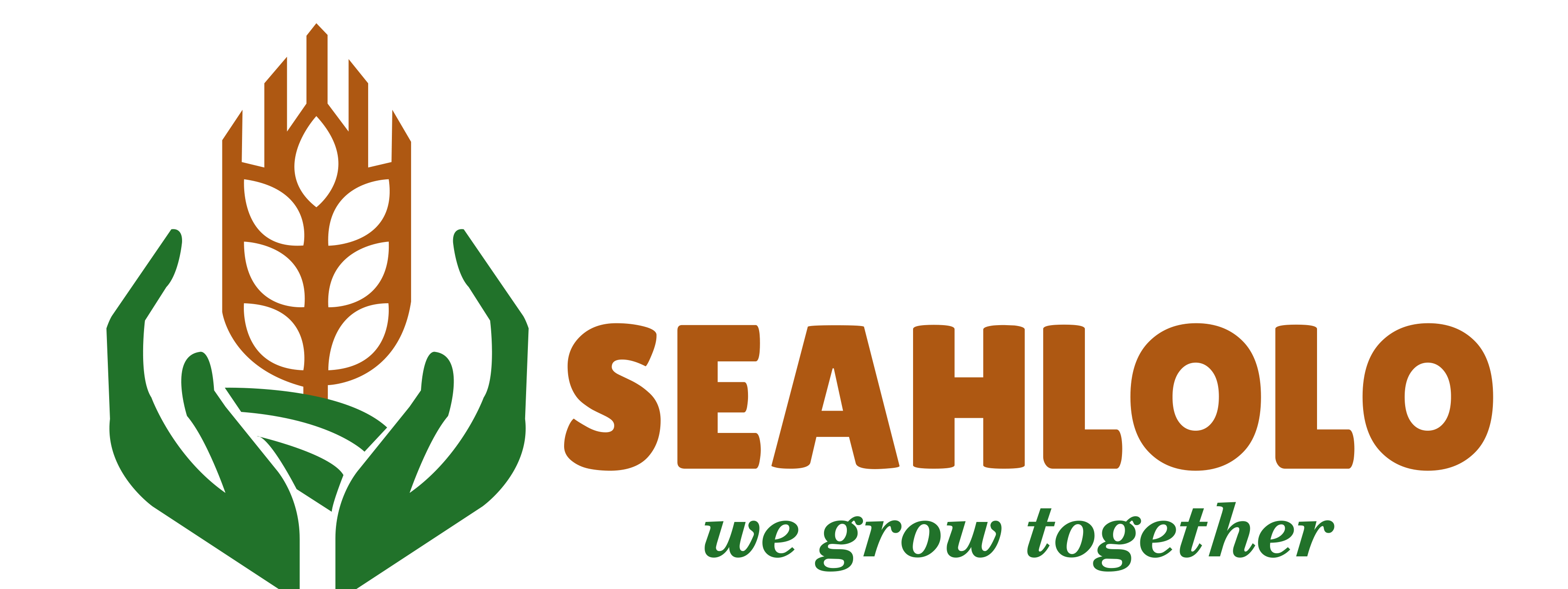![]()
…Minister remains optimistic of the future success
The Ministry of Agriculture, Food Security, and Nutrition has received an unchanged budget allocation despite a worsening food security crisis that threatens the livelihoods of hundreds of thousands.
Over 700,000 Basotho are reported to be food insecure, yet the national budget for agriculture has remained stagnant at M1.3 billion for the 2025/26 fiscal year, mirroring the previous year’s allocation.
This allocation decision comes at a critical time when His Majesty King Letsie III recently reaffirmed Lesotho’s commitment to eradicating malnutrition and increase food production during his address in Rome. However, the financial commitment needed to translate this promise into reality remains questionable.
The government’s decision to maintain the same budget allocation has sparked critical conversations about the feasibility of achieving food self-sufficiency and combating malnutrition.
With agriculture forming a key pillar of Lesotho’s economic transformation agenda, experts warn that failing to increase financial investment could further strain the sector, already burdened by climate change, rising input costs, and global supply chain disruptions.
Despite facing immense challenges in the previous financial year, including delayed agricultural input distribution, the government has opted not to adjust funding for the ministry. Smallholder farmers, who rely heavily on government subsidies for seeds, fertilisers, and mechanisation, have borne the brunt of these inefficiencies. The late arrival of inputs in the past season resulted in many farmers missing critical planting windows, leading to poor yields and worsening food shortages.
The unchanged 2025/26 budget continues to focus on four main areas; improving access to inputs and mechanisation for smallholder farmers, investing in irrigation schemes to mitigate climate change effects, enhancing extension services to provide technical support to farmers, and promoting agro-processing industries to add value to agricultural produce.
While these priorities remain crucial, the absence of additional financial resources raises concerns about whether past inefficiencies have been properly addressed and whether the ministry is adequately prepared to tackle emerging challenges.
In her budget speech, Finance Minister Dr. Retšelisitsoe Matlanyane highlighted that investments would be made in agriculture sector development and the expansion of value chains.
She further noted that to support the country’s private sector, "we are implementing targeted fiscal incentives for small and medium enterprises. Our goal is to nurture domestic entrepreneurship and attract foreign direct investment, particularly in manufacturing, agriculture, digital economy, and tourism, which are identified as sectors with ample potential to create lasting jobs."
She indicated that in agriculture the government recognises the threat posed by climante change.
“We recognise that climate change poses significant risks to our fiscal stability; therefore, we are incorporating climate resilience into fiscal planning, including dedicated funding for climate adaptation projects and sustainable agriculture initiatives."
"The 2025/2026 Budget Speech focuses on inclusive growth and is aligned with the extended National Strategic Development Plan II (2023/24–2027/28), with priorities including boosting agriculture among other sectors. The agriculture sector, with an allocated budget of M1.3 billion, plays a vital role in ensuring food security, fostering rural development, and contributing to economic growth," she said.
Matlanyane stated that the budget would go towards enhancing effective farmers’ support, as the government recognises the need for reliable data to inform such decisions.
"To this end, Government intends to establish Lesotho Integrated Agriculture Information Management System (LIAMIS), through which farmers will be profiled accordingly. This system will serve as a robust and efficient tool for providing smart subsidies on agricultural inputs via e-vouchers and agricultural insurance, using a well-informed, digitalised farmers' database," she described.
In response to the escalating impacts of climate change that adversely affect agricultural output, Matlanyane said the government intends to commission two large irrigation schemes, covering 250 hectares in Tsikoane and 200 hectares in Seaka, Quthing.
"Additionally, through the Building Climate Resilience Livelihoods and Food Systems Project, the government will implement efficient land and water resource management in Setanteng, Hlotse, Seaka, and Maletsunyane sub-catchments."
To support the wool and mohair industry with sustainable financing, she noted that "the government will establish a wool and mohair fund under the Wool and Mohair Competitiveness Project (WaMCop). The government will also establish an Artificial Insemination Centre in Mokhotlong and an Angora goat stud in Maseru (Molimo-Nthuse) to supply farmers with improved breeds and improve the quality of wool and mohair in the country."
"To strengthen animal disease control and management, government will construct a Diagnostic Laboratory to support farmers," she added.
Furthermore, the government plans to facilitate access to finance by providing grants totalling M120 million.
"Lastly, to ensure sustainable poultry production, government will facilitate procurement of parent stock for fertile egg production and support the establishment of hatchery facilities through the private sector."
Minister of Agriculture, Thabo Mofosi, remains optimistic about the budget, stating that it aligns with the ministry’s strategic plans. He emphasised that their primary focus is implementation, particularly in improving data collection on farmers. "The budget will enable us to develop a comprehensive database of all farmers in the country. We need to know who they are, where they are based, and what they produce. This information will enhance decision-making and allow us to respond effectively to farmers' needs."
He further highlighted plans to introduce stricter regulations on produce standards to ensure local and international markets receive high-quality agricultural products. He revealed that a storage facility is being constructed in Ha-Foso, Berea, and is expected to be operational before the upcoming harvesting season.
"The storage facility will allow farmers to store and package their produce efficiently. Additionally, we continue to provide free storage at the national silo at Lesotho Flour Mills. We are also in negotiations with the World Food Programme (WFP) to expand storage access in our district storage units," he explained.
Economic expert Tlohelang Aumane weighed in on the issue, highlighting the need for the government to take a more proactive approach to agricultural investment. He noted that while efforts to cut costs by sourcing inputs locally had initially reduced prices, the initiative was marred by corruption and political interference, undermining its impact.
"Government’s lack of preparedness and its failure to provide clear leadership in addressing internal corruption have deepened the food insecurity crisis. Basotho are demanding accountability for their hardships," Aumane stated.
He stressed the importance of evaluating the effectiveness of past policies and called for greater transparency in the government’s decision-making process. "The government must be honest about the challenges it faces. Evidence-based decision-making, addressing corruption, and reducing bureaucratic red tape are fundamental to restoring confidence in agricultural policies."
Dr. Ratjomose Machema, an economics lecturer at the National University of Lesotho, emphasised the need for private sector involvement in agriculture.
“The government must actively engage with the private sector, particularly through the Lesotho National Development Corporation (LNDC), to develop sustainable agricultural value chains. Diversification and modernisation of both agriculture and manufacturing are key to long-term food security,” Machema suggested.
While agriculture remains underfunded, several other ministries have received significant budget increases:
- Ministry of Public Works and Transport: Received an additional M400 million, bringing its total to M3.2 billion to support infrastructure projects.
- Ministry of Health: Saw an increase to M3.1 billion, addressing public health concerns, including malnutrition and food-related illnesses.
- Ministry of Education and Training: Received M3.3 billion to expand school feeding programs and improve educational facilities.
While these investments are crucial, the lack of additional funding for agriculture undermines efforts to address food insecurity and rural poverty. Experts argue that food security should be treated as a national priority, given its direct impact on health, education, and economic stability, especially with 700,000 Basotho facing food insecurity and 32% of children under five suffering from stunting.




